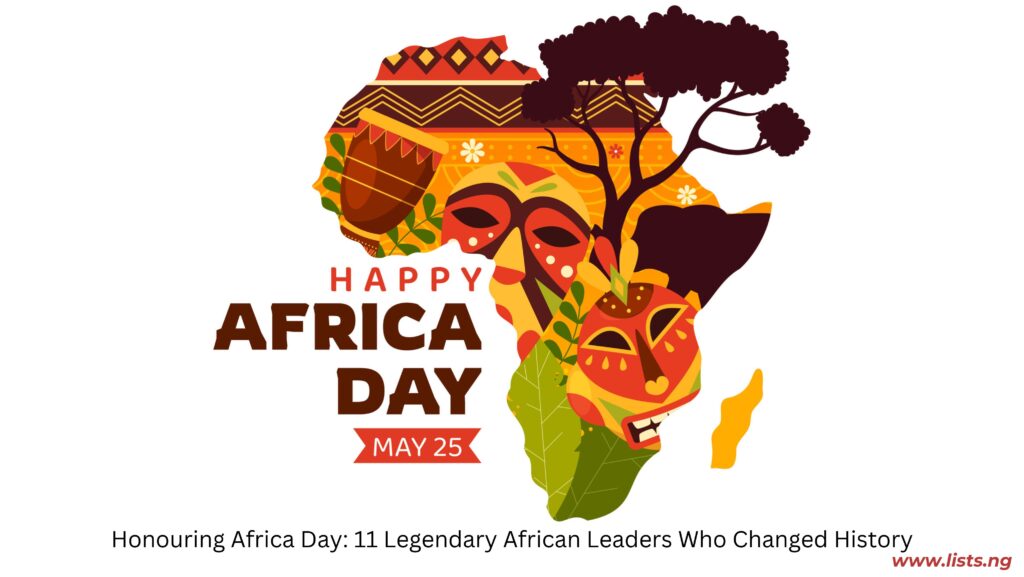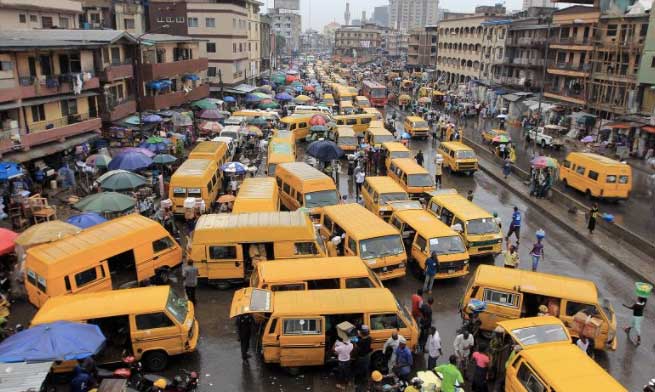Every year on May 25, Africa and its global diaspora commemorate Africa Day, a celebration of unity, resilience, and the continent’s journey toward self-determination. This date marks the founding of the Organization of African Unity (OAU) in 1963, when 32 independent African nations convened in Addis Ababa, Ethiopia, to forge a collective path against colonialism and apartheid . The OAU, which evolved into the African Union (AU) in 2002, laid the groundwork for continental solidarity and cooperation.
In 2025, as the continent marks the 62nd anniversary of Africa Day, the African Union has adopted the theme:
“Justice for Africans and People of African Descent Through Reparations.”
This powerful theme reflects the AU’s renewed commitment to confronting the enduring legacies of slavery, colonialism, apartheid, and genocide. It calls for tangible steps toward justice, healing, and restitution both within Africa and across the global African diaspora.
More than a commemoration, Africa Day is a moment of reflection and affirmation. It honours the resilience of African nations in their fight for liberation, while celebrating their ongoing strides toward unity, sovereignty, and sustainable development.
At the heart of this journey are the visionary leaders whose bold actions and enduring ideals helped shape the continent’s destiny. Their legacies remain vital reminders of Africa’s strength, spirit, and potential.
Here are 11 legendary African leaders whose courage and conviction continue to inspire generations:
- Nelson Mandela (South Africa)
A global symbol of peace and resilience, Mandela led South Africa out of apartheid after 27 years in prison. As the country’s first Black president, he championed reconciliation and earned worldwide respect.
- Kwame Nkrumah (Ghana)
Ghana’s first president and a staunch Pan-Africanist, Nkrumah played a pivotal role in the continent’s decolonization and was instrumental in the formation of the OAU.
- Haile Selassie I (Ethiopia)
Ethiopia’s emperor and a prominent figure in African unity, Selassie hosted the founding meeting of the OAU in 1963 and was a vocal advocate for collective African action.
- Patrice Lumumba (Democratic Republic of Congo)
As the first Prime Minister of an independent Congo, Lumumba became a martyr for African self-rule and a critic of neo-colonialism, leaving an enduring legacy of resistance.
- Funmilayo Ransome-Kuti (Nigeria)
A formidable advocate for women’s rights and anti-colonial activism, Ransome-Kuti founded the Abeokuta Women’s Union and was a trailblazer in Nigerian politics.
- Thomas Sankara (Burkina Faso)
Often dubbed “Africa’s Che Guevara,” Sankara revolutionized Burkina Faso in the 1980s, promoting women’s rights, self-sufficiency, and anti-corruption before his assassination in 1987.
- Jomo Kenyatta (Kenya)
A central figure in Kenya’s independence movement, Kenyatta became the nation’s first president, guiding the country through its formative post-colonial years.
- Julius Nyerere (Tanzania)
Known as “Mwalimu” (teacher), Nyerere was Tanzania’s founding father, introducing Ujamaa (African socialism) and emphasizing education and social equality.
- Samora Machel (Mozambique)
The revolutionary leader who led Mozambique to independence from Portugal in 1975, Machel was admired for his humility and progressive ideas until his untimely death in 1986.
- Ellen Johnson Sirleaf (Liberia)
Africa’s first elected female head of state, Sirleaf guided Liberia through post-war reconstruction and was a co-recipient of the Nobel Peace Prize in 2011 for her efforts in women’s rights.
- Amílcar Cabral (Guinea-Bissau and Cape Verde)
A revolutionary thinker and guerrilla leader, Cabral played a central role in the liberation of Guinea-Bissau and Cape Verde from Portuguese colonialism.
A Legacy to Honour, A Future to Build
As we celebrate Africa Day, we remember not just the founding of a continental body, but the lives and legacies of those who envisioned a free, united, and dignified Africa. These leaders dared to challenge oppression, mobilize people, and imagine a different future.
Today, their stories call on us to continue the work which is to protect democracy, demand justice, and uplift the next generation of African changemakers. In doing so, we keep their dreams alive and ensure that Africa’s best days are still ahead.



